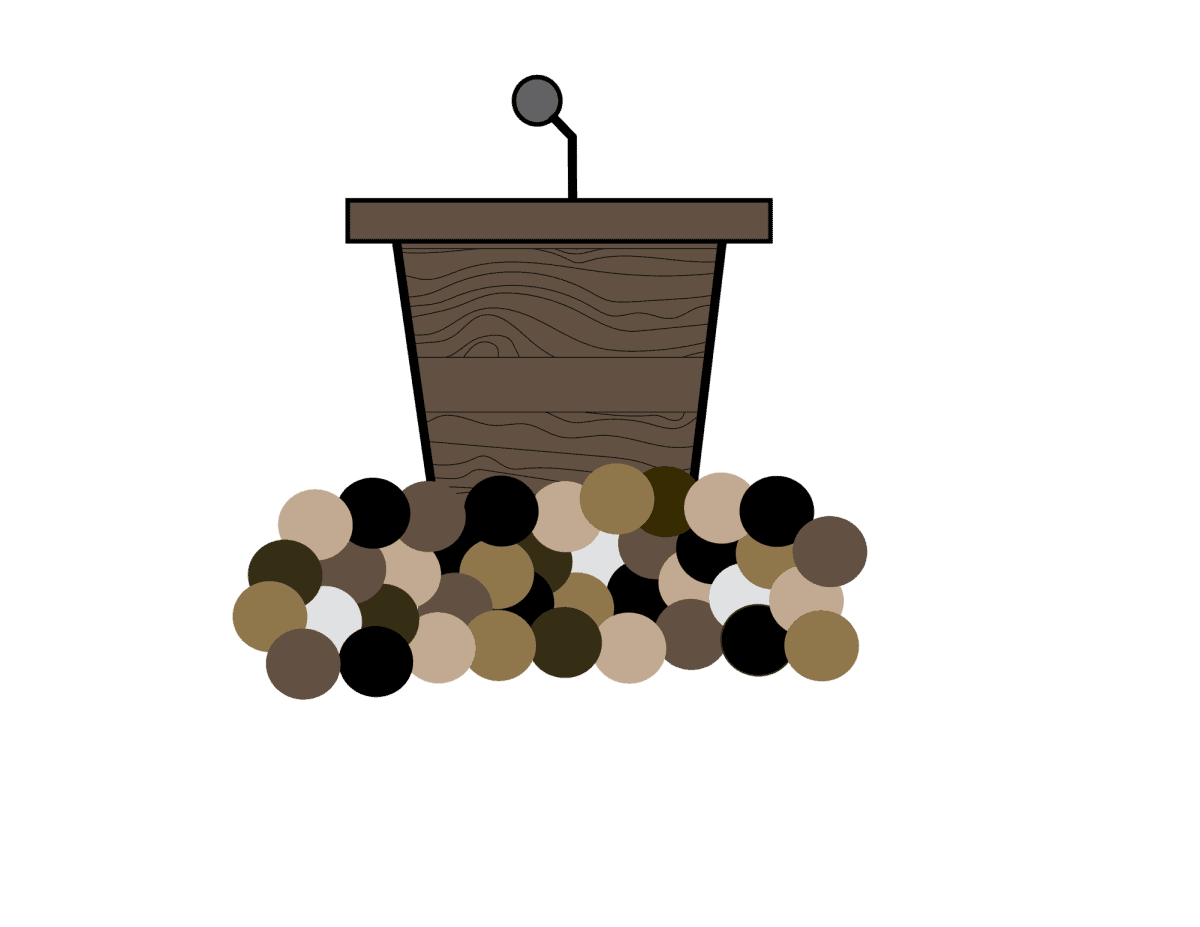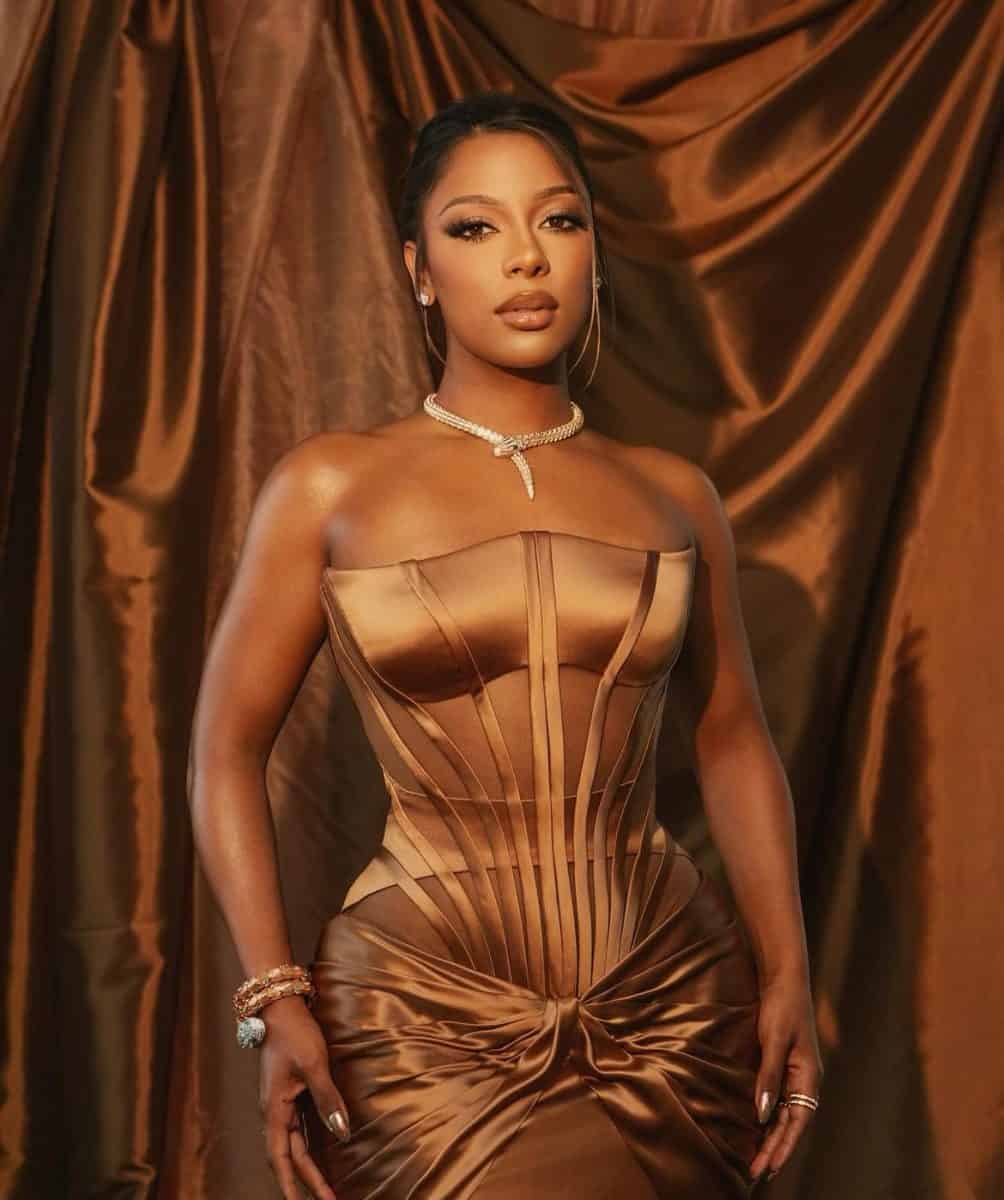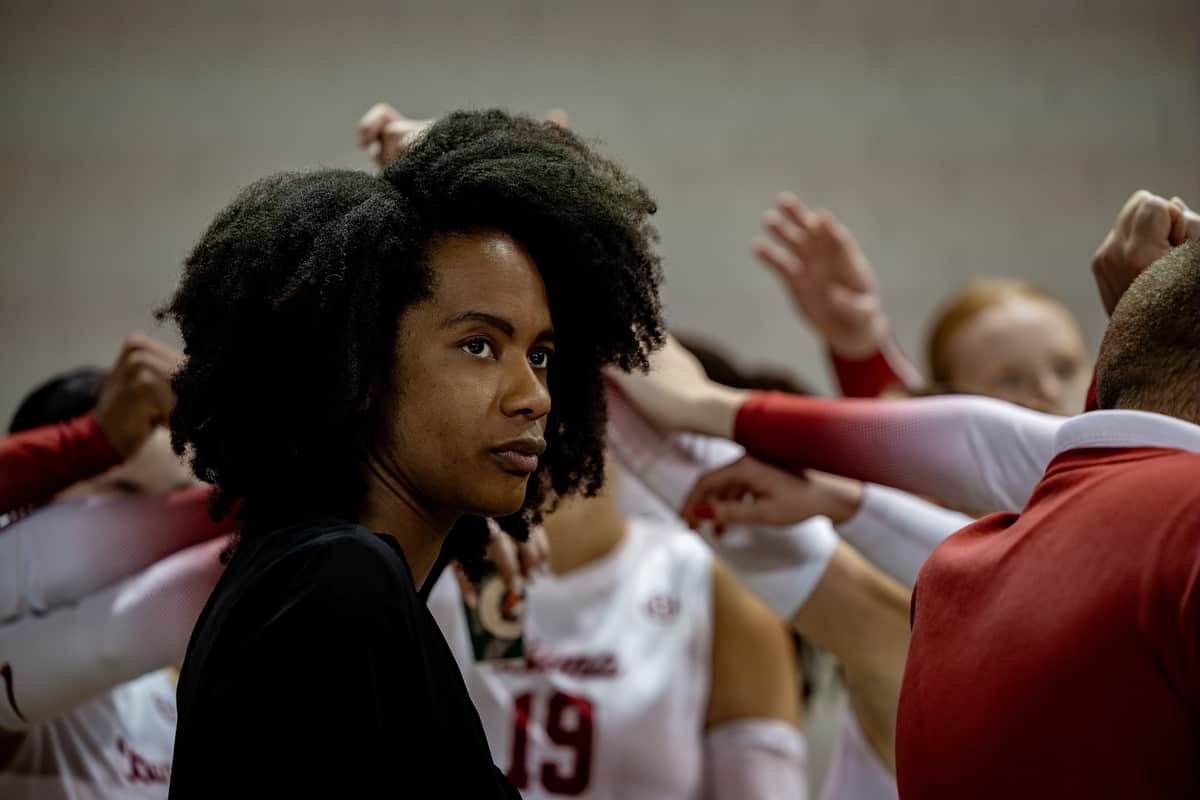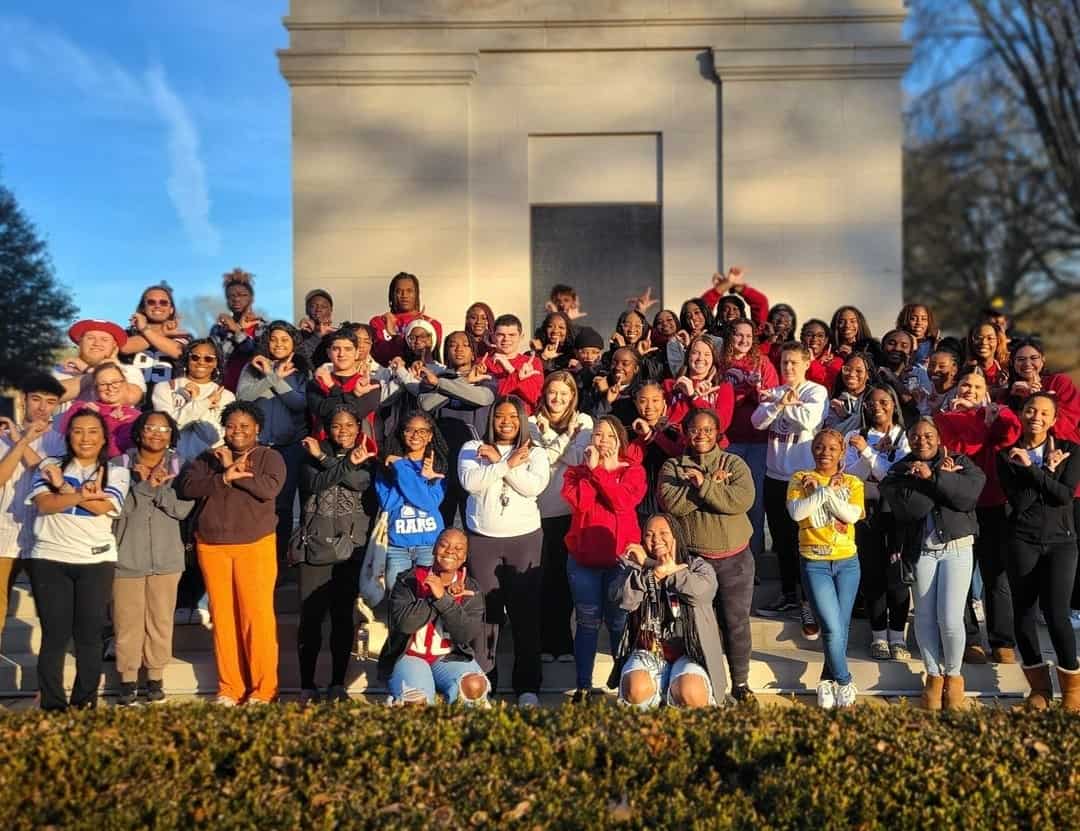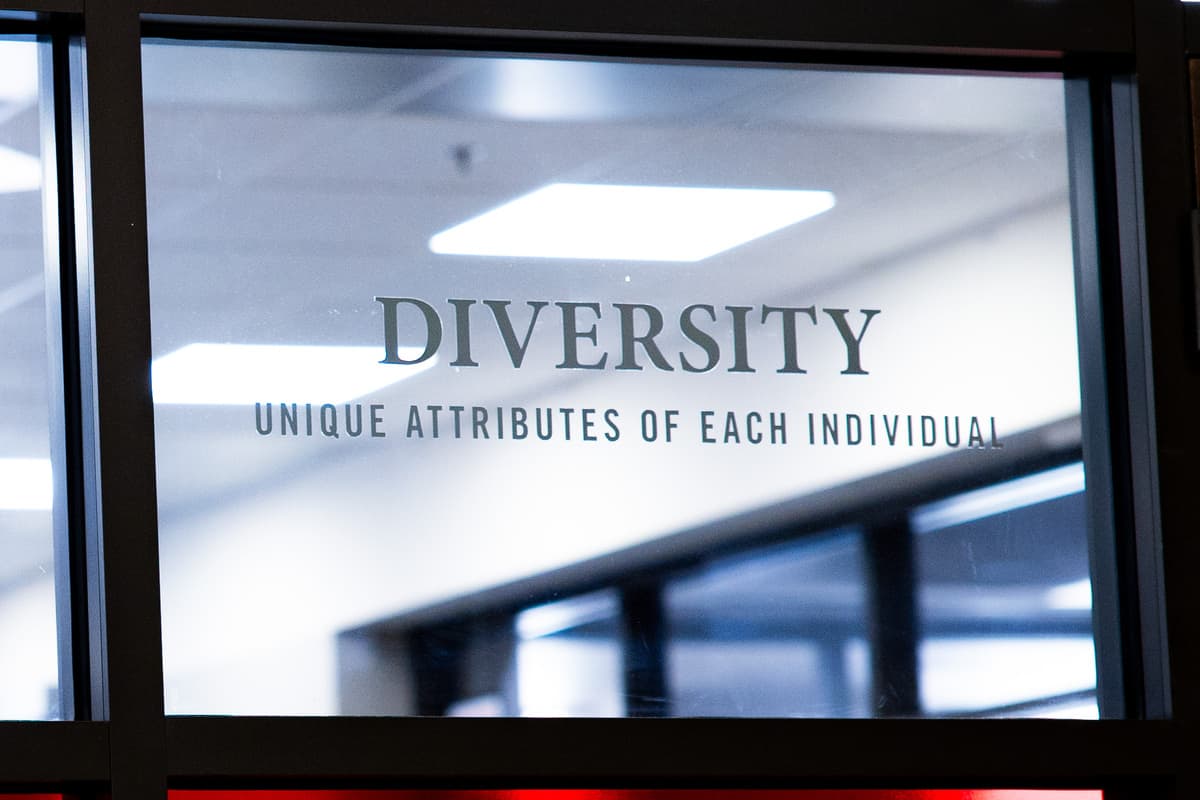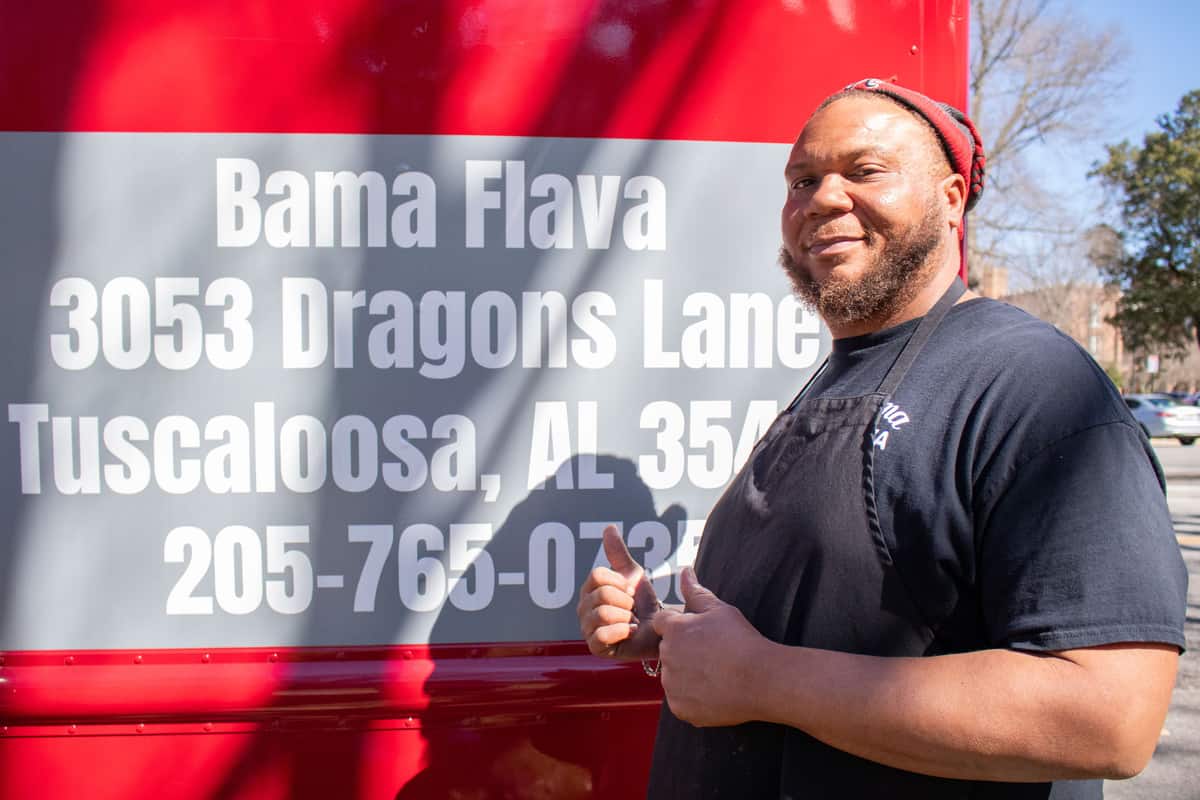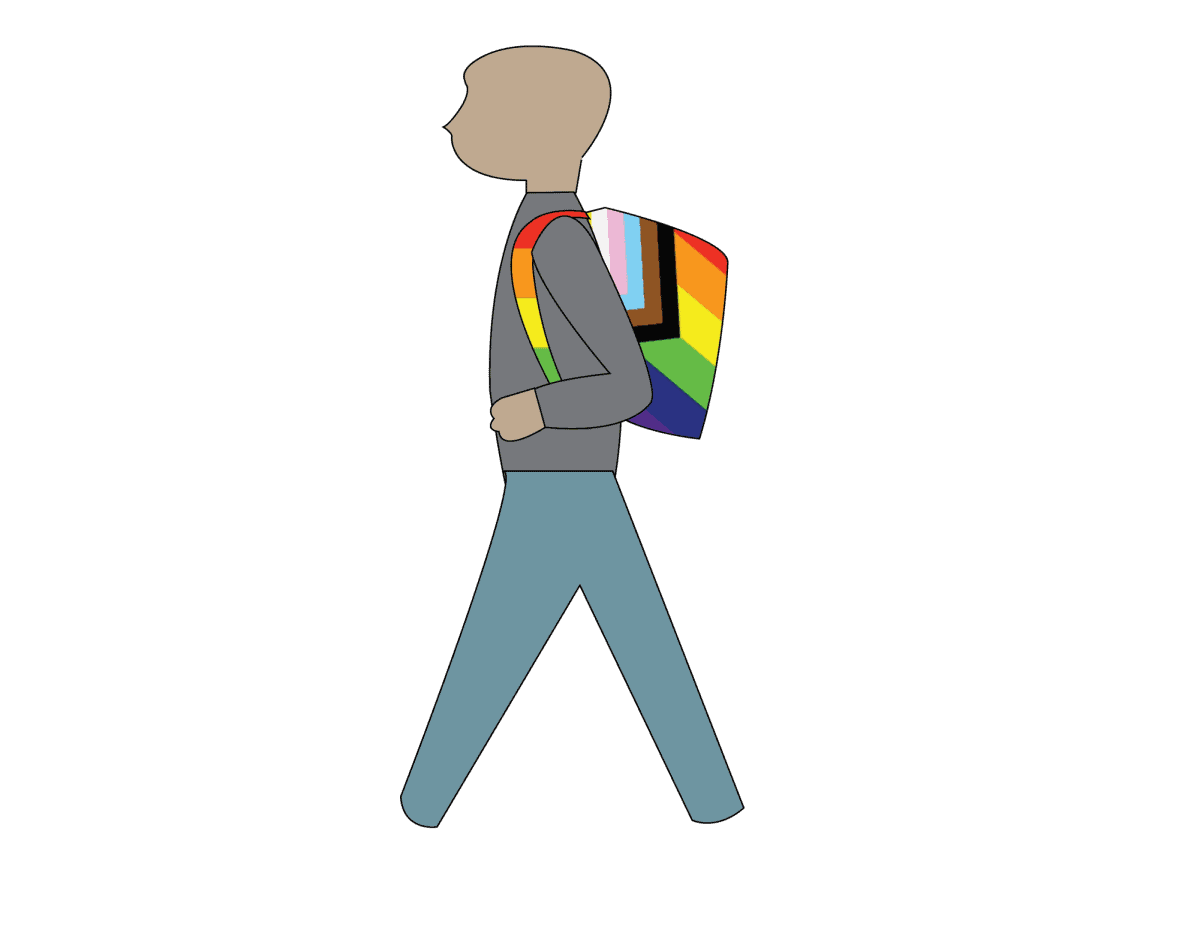On Dec. 6, 2023, the Republican presidential primary debate was held at the Moody Music Building, making some students question if the platforming of polarizing individuals and organizations is painting a narrow picture of the campus.
“The way the campus guest speaker process works is that any organization on campus is allowed to invite someone to speak, and the University can’t tell them, ‘No, we don’t approve of this,’ and the reason is because of free speech protections,” said Richard Fording, a political science professor. “But then, if left unregulated, what does that population of speakers look like? And for whatever reason, it seems that the representation of the speakers on campus is heavily right wing.”
Julia Dominguez, a junior majoring in political science, said she doesn’t think the University does enough to seem neutral.
“Even though it’s a public university, it doesn’t feel like a public university in the sense of the politics behind everything,” Dominguez said.
The Republican debate is one of a few events featuring right-wing figures and politicians in recent years that the University has approved. In April 2023, former Vice President Mike Pence spoke against “wokeism,” which proved divisive. In October 2022, Matt Walsh was invited, a man noted for his aggressively anti-LGBTQ+ views.
Both men were invited by Young Americans for Freedom, an organization on campus designed to “provide conservative students the opportunity to both network within the conservative movement.”
However, in a statement the University clarified its stance on political affiliations.
“As a public institution, UA promotes free speech and facilitates numerous opportunities for civil discourse and the exchange of ideas,” the statement read. “This includes welcoming and supporting student organizations’ events and invitations to guest speakers. Requests are not evaluated based on content, ideology or political affiliation.”
Fording questioned if that is the best way to go about allowing speakers on campus, and if it could potentially make certain students uncomfortable.
“I think it has detrimental consequences because we have a lot of students on campus who aren’t attracted to those kinds of speakers,” Fording said.
Fording said this could also create an environment where minority students do not feel safe.
“I think with some student populations that are commonly victimized by hate crimes or other acts of bigotry, it makes them feel even more fearful of being victimized,” he said. “What makes it even worse is that some of these people who come to speak are explicitly hostile towards certain groups of students.”
Ja’Kobe Bibbs, a freshman majoring in political science, said that the University provides conflicting messages to its minority students.
“In some ways, it’s really good, and in some ways it’s really bad for disadvantaged communities, if you look at certain communities compared to others,” Bibbs said.
Dominguez suggested that the University could do more to support vulnerable students and references the multiple chalking’s that have appeared on campus targeting minorities. Recently, campus chalkings have sprung up ahead of a visit Yeonmi Park, a North Korean defector who aligns with right-wing values. Park was also invited by Young Americans for Freedom.
“If we’re thinking about everything that they’re allowing to happen on this campus, like the chalking things that have happened in the past years. It doesn’t feel like the University cares about certain students,” Dominguez said.
Fording said he thinks a line must be drawn at a certain point because this presents a conflicting message on freedom of speech.
“I think universities need to be a place for open, free expression, that’s clear,” he said. “The question is, can you draw a line to separate what [is] legitimate free speech and what’s harmful speech?”



